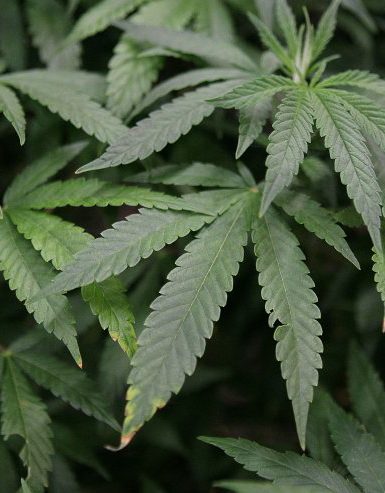Marijuana legalization in Colorado led to a “reversal” of opiate overdose deaths in that state, according to new research published in the American Journal of Public Health.
“After Colorado’s legalization of recreational cannabis sale and use, opioid-related deaths decreased more than 6% in the following 2 years,” write authors Melvin D. Livingston, Tracey E. Barnett, Chris Delcher and Alexander C. Wagenaar.
The authors stress that their results are preliminary, given that their study encompasses only two years of data after the state’s first recreational marijuana shops opened in 2014.
While numerous studies have shown an association between medical marijuana legalization and opioid overdose deaths, this report is one of the first to look at the impact of recreational marijuana laws on opioid deaths.
Marijuana is often highly effective at treating the same types of chronic pain that patients are often prescribed opiates for. Given the choice between marijuana and opiates, many patients appear to be opting for the former.
Now, the study in the American Journal of Public Health suggests that similar findings hold true for recreational marijuana legalization. The authors examined trends in monthly opiate overdose fatalities in Colorado before and after the state’s recreational marijuana market opened in 2014. They attempted to isolate the effect of recreational, rather than medical, marijuana by comparing Colorado to Nevada, which allowed medical but not recreational marijuana during that period.
They also attempted to correct for a change in Colorado’s prescription-drug-monitoring program that happened during the study period. That change required all opioid prescribers to register with, but not necessarily use, the program in 2014.
Overall, after controlling for both medical marijuana and the prescription-drug-monitoring change, the study found that after Colorado implemented its recreational marijuana law, opioid deaths fell by 6.5 percent in the following two years.




